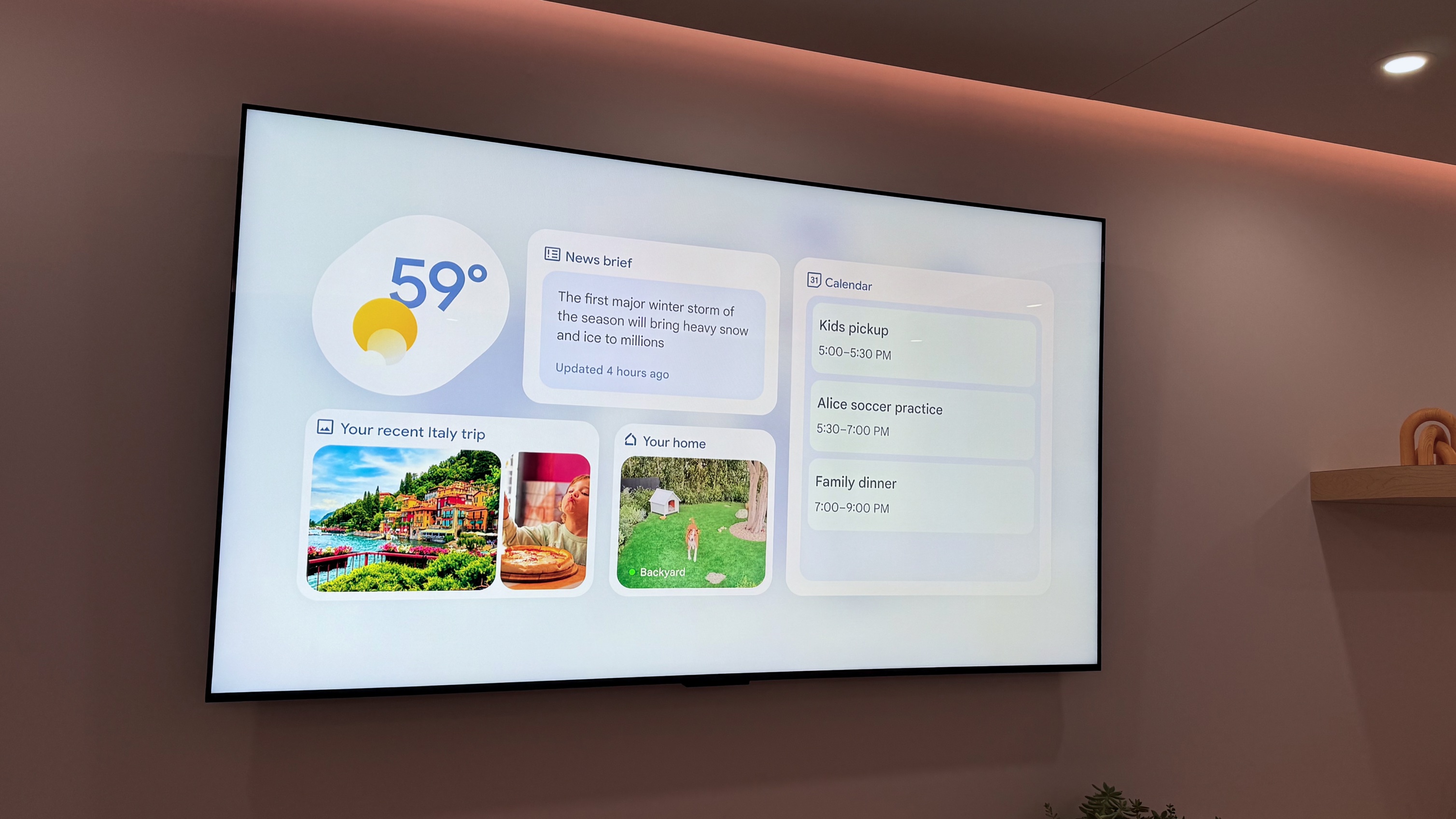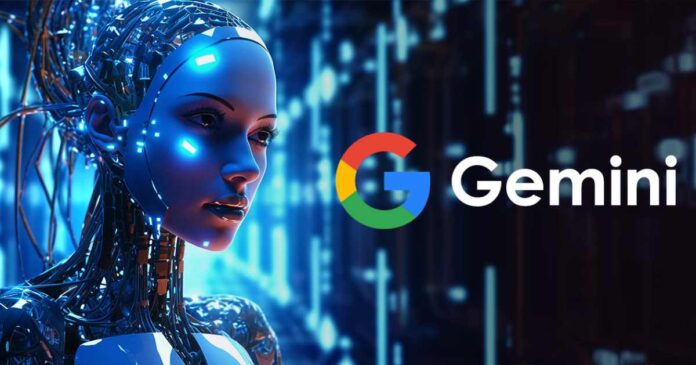Google’s Gemini is becoming the next-gen virtual assistant to beat, and its competitors like Siri, Alexa and even ChatGPT are struggling to keep up. Gemini’s deep integration into Android devices and Google’s ecosystem is making it the default choice for millions of users, signalling a shift in how we interact with AI-powered assistants.
The Power of Integration
One of Gemini’s most significant advantages is its seamless integration. Unlike standalone AI apps such as ChatGPT or Claude, Gemini is embedded directly into devices and Google’s services. For instance, on Samsung’s latest phones, holding down the side button now activates Gemini instead of Samsung’s Bixby—a significant upgrade for users seeking a more capable assistant.
/cdn.vox-cdn.com/uploads/chorus_asset/file/25841889/Samsung_Unpacked_Gemini_Live.png)
For integration, it transcends smartphone dimensions. The device now sits as core in Google Workspace, Gmail, Docs, YouTube, and Drive, bringing most workflows directly together. This ease of execution saves users more input on tedious tasks from this device. Due to such power and availability, Gemini is undoubtedly light years ahead of its closest counterparts.
Distribution = Winning
Its strategy relies on its enormous user base. For Gemini, user data is not only a tool but a feature in the lives of billions. Sundar Pichai, Google’s CEO, put it nicely: “All seven of our products and platforms with more than two billion monthly users use Gemini models.” This phenomenal reach feeds vast user data that fuels rapid improvements and further reifies its lead.
While competitors like OpenAI’s ChatGPT have strong foundational models, they lack Gemini’s ubiquity. AI assistants that require separate apps and logins are at a disadvantage compared to Gemini’s one-click accessibility.

Challenges and the Road Ahead
Gemini is not without its weaknesses. Like any other AI system, it sometimes produces errors or nonsensical responses. However, Google’s ability to iterate quickly and its tight integration with Android gives it an edge. Unlike Siri, which cannot adapt, or Alexa, which has experienced delays in updates, Gemini is constantly evolving.
Read More: Google Releases Gemini 2.0, Its First AI Model for the Agentic Era
The Future of Virtual Assistants
As the AI era unfolds, the most entrenched assistant in users’ daily routines will win. Google’s playbook, which is based on distribution, integration, and data-driven improvement, is working well. Gemini is not only competing in the AI assistant space but is redefining it. For now, Google’s approach to virtual assistants seems nearly insurmountable.
Stay tuned to Brandsynario for latest news and updates






































